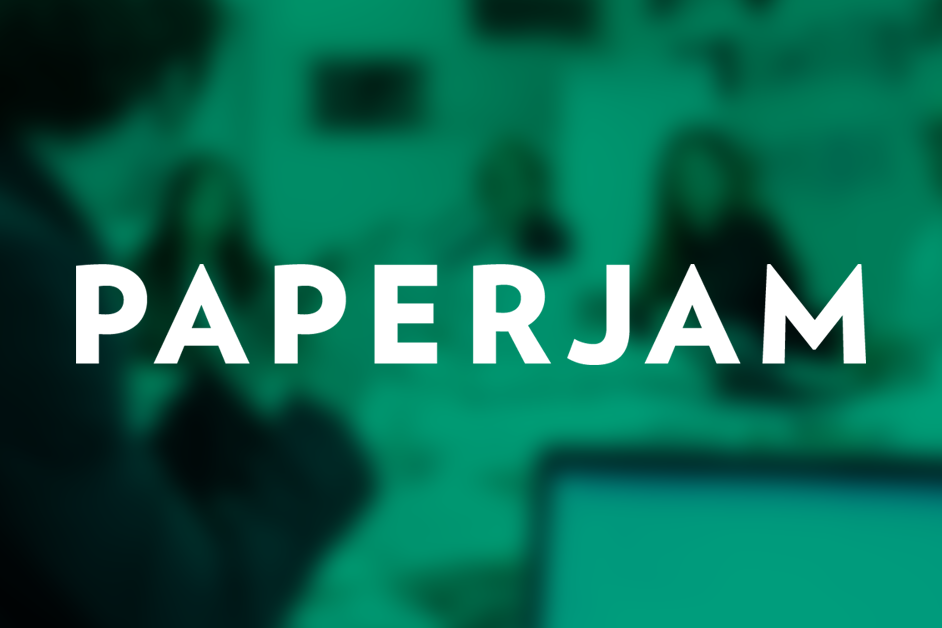Lech Walesa has come a long way: starting as an electrician at the Gdansk Lenin shipyards, he became one of the founders of Solidarity, the first non-communist trade union in the Soviet bloc. In 1980, he masterminded one of the biggest ever-held strike actions and mobilised around ten million Poles to join his movement. His resistance against the communist regime cost him his job and a year in prison but was awarded with world fame and the Nobel Peace Price in 1983.
After the fall of the Berlin wall, he became the first democratically elected President of the new Republic of Poland in 1990, a position that he held until his electoral defeat in 1995. Now he says that he has retired from politics, and tours the world as the president of his own Lech Walesa Institute Foundation to spread the continuing legacy of the Solidarity movement.
His visit to Luxembourg shows that, even in his political afterlife, President Walesa maintains a tight schedule. After a press conference at the headquarters of Fortis Bank Luxembourg, President Walesa had a chat with Prime Minister Jean-Claude Juncker, and held a speech at the Chambre de Commerce. He also paid a visit to HRH Grand Duke Henri the next morning, completing his "tour de Luxembourg" in less than a day and a half.
Yet, despite all this stress, the 63-year-old Pole never seemed to lose his witty grin, which occasionally surfaced behind his huge white moustache. At the Chambre de Commerce, he displayed fine rhetoric skill, tasting the mood of the floor with a few mocking opening remarks on Poland's relationship with its two bigger neighbours: "In the course of history, Russia and Germany have enjoyed "military socialising" which always resulted in invading Poland." Nonetheless, the atmosphere of bonhomie didn't make some of his views less controversial.
On moral values and the Iraq war
Walesa argued that the collapse of the Soviet Union has opened new opportunities for Poland and the world. "We live in a peaceful world now, which might be troubled by a few local conflicts, but still seems to unite people rather than disunite them." He added: "It is the responsibility of the present generation to build on this peaceful legacy and pave the way for globalisation." For this purpose, Walesa presented his vision for a better world based on three pillars: 1) the present economic system, 2) the advancement of democracy, and 3) the foundation of moral values.
As a fervent Catholic, the latter seemed to be very dear to him: "Especially in the time of globalisation, we need moral values." On the question of the Constitutional Treaty, he thus reminded the audience that Europe should not betray its Judeo-Christian origins: "We need to integrate moral values into the treaty because spiritless law alone is ineffective." Who will constitute this spiritual treaty seemed very obvious to him.
President Walesa also argued for a united Europe, which seeks consensus and opens up to the world. However, almost in the same breath, he defended Poland's alliance with America in the Iraq war: "It is natural for my country to support the US since 10 million Poles live there," and, "Siding with America is the only option in the post-9.11 world in order to avoid a Third World War." On those who opposed the war he ironically remarked: "Only less experienced nations backed the bureaucratic United Nations."
Opposition to Kaczynski twins
The consistency of President Walesa's approach to things was indeed sometimes doubtful. On one question, he however remained very clear. "The current regime (led by the Kaczynski twins) is very damaging for Poland." Walesa vehemently opposes the recent laws targeting former Communist collaborators, which "only profit second-class politicians who want to take advantage of the situation". He explained: "It is important that Poland copes with its past, but not in this way. Poland is a young democracy and therefore needs to learn how to swim." He finally argued that the Kaczynski regime is only "a temporary phenomenon" that will pass as the Polish Republic matures.
